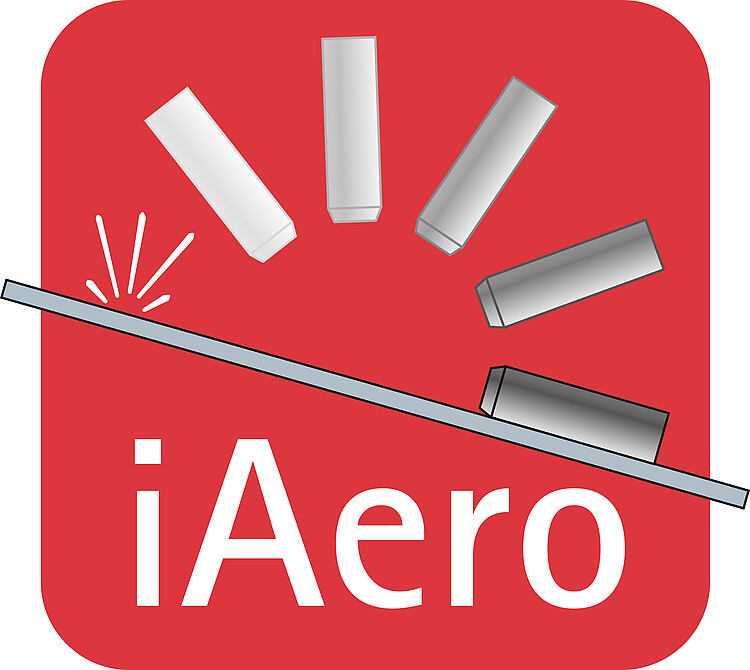iAero – Development of a Self-Learning, Automatic Parameterization of the Aerodynamic Orientation

| E-Mail: | pag@ifa.uni-hannover.de |
| Date: | 11-01-14 |
| Funding: | DFG - Deutsche Forschungsgemeinschaft |
| Duration: | 2014 - 2016 |
| Is Finished: | yes |
In the light of rapidly changing markets constantly increasing requirements are imposed on production- and assembly processes regarding flexibility and variant diversity. In recent years strong efforts have been made to improve flexibility of the value-added process itself. Nevertheless, supply system technology such as feeding techniques have yet to be integrated in these activities more efficiently. The basic operating principles of existing aerodynamic orientation processes feature very flexible and variant-independent characteristics, facilitating high feed-in rates. However, the parameterization of such processes for new and unknown work pieces requires extensive specialized knowledge and can be very time-consuming due to the computational effort of iterative procedures. Up until now, parameters are set on the basis of empirical data, derived from comparable parts, which requires further adjustment until the work pieces perform desired movement patterns. Moreover, disruptive environmental conditions (e.g. a change in air pressure) may cause that identified parameter values do not deliver desired outcomes. Renewed parameterization might be necessary.
The aim of this research project is to develop a method enabling the independent and continuous determination of parameter settings for aerodynamic orientation. The existing System is to be empowered to autonomously adjust parameter settings to new components and changing external conditions. The intention is to decrease efforts and specialized knowledge required for parameterization. The system control needs to be able to configure parameters automatically to attain the desired quality of orientation. In addition, the system must be able to react dynamically to changing external conditions and interferences in order to maintain a sufficient quality level within the ongoing process.
An optimization algorithm will be developed for both the identification of optimal parameter settings as well as their dynamic adaption. The algorithm should initially be tested and if applicable modified in an operational simulation environment. Subsequently the algorithm should be implemented into the control structure of a real system.




















